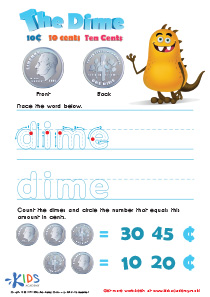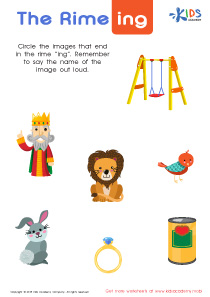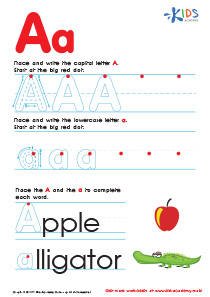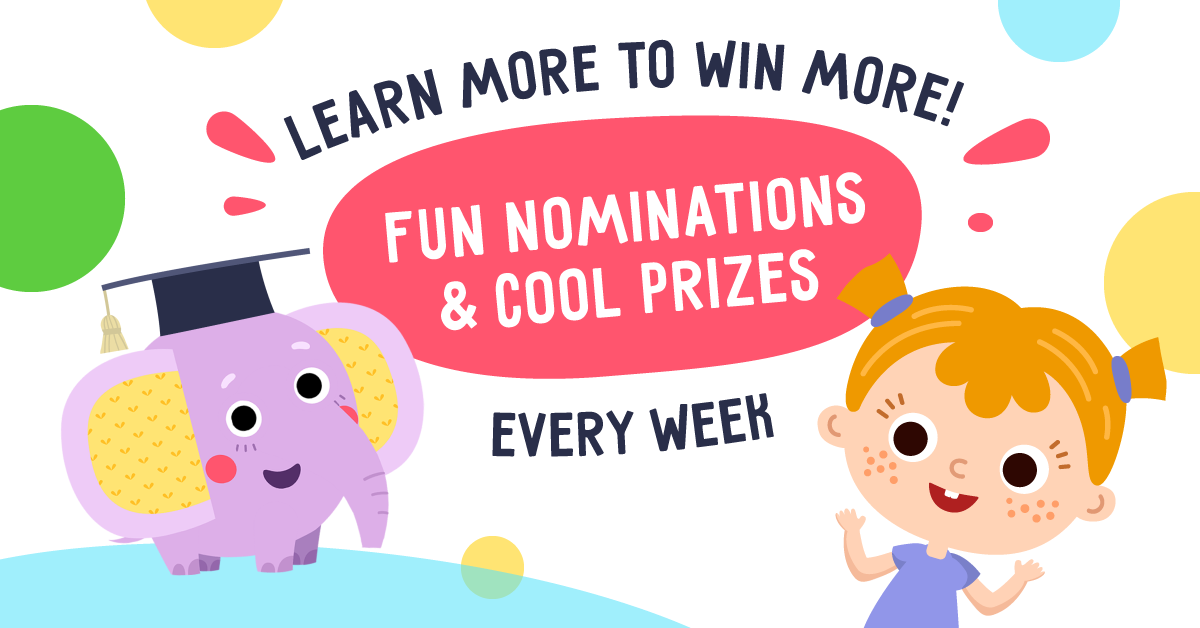Easy Common Vocabulary Quizzes for Ages 3-4
1 results
1 filtered results
Clear all filters1 filtered results
-
From - To
Introducing our Easy Common Vocabulary Interactive Assessment Quizzes, meticulously designed for children aged 3-4! Engage your little ones in the world of words with our delightful quizzes that blend fun with learning. Tailored specifically for young learners, these quizzes cover essential vocabulary in a child-friendly format, ensuring an enjoyable and educative experience. With immediate feedback provided, children can understand their progress and grasp new words quickly. Perfect for both home and educational settings, our Easy Common Vocabulary for Ages 3-4 quizzes are your go-to resource for enhancing your child's language skills in the most engaging way possible.
In the pivotal early years of childhood, when the canvas of the mind is just beginning to be painted with the hues of knowledge and curiosity, the role of engaging and effective educational tools cannot be overstated. Recognizing this, our Easy Common Vocabulary for Ages 3-4 comes as a beacon of light for parents and educators striving to illuminate the path of learning for their little ones. These interactive quizzes are not just another addition to the educational arsenal but are a well-thought-out strategy to foster a love for learning from an early age.
Understanding the developmental milestones of children aged 3 to 4 is crucial in curating content that speaks directly to their growing minds. At this tender age, children are at the cusp of linguistic expansion, ready to absorb words and phrases that will become the building blocks of their future communication skills. The Easy Common Vocabulary for Ages 3-4 is meticulously designed to cater to this bloom of language acquisition, making it an indispensable tool in a child's learning journey.
One of the standout features of these interactive quizzes is their simplicity and engaging nature. Children, with their boundless energy and insatiable curiosity, require learning resources that are not just educational but entertaining as well. The quizzes strike the perfect balance, presenting common vocabulary through colorful visuals and playful sounds that capture the imagination of young learners. Such an approach ensures that children are not merely passive recipients of information but active participants in their learning process.
Moreover, the quizzes are crafted with the understanding that every child is unique, with their pace of learning and areas of interest. The flexibility of these quizzes allows for a personalized learning experience, enabling children to explore at their comfort level. This aspect is crucial in building confidence and fostering an intrinsic motivation to learn, qualities that are invaluable in the long run.
The Easy Common Vocabulary for Ages 3-4 also acts as a bridge between the educational setting and the home environment. In an age where parents are increasingly concerned about screen time and its content, these quizzes offer a constructive alternative. They provide an opportunity for parents to engage with their children in a learning activity that is both productive and enjoyable. This not only strengthens the child's grasp of common vocabulary but also nurtures the parent-child bond through shared experiences.
Furthermore, the assessment feature of these quizzes is a subtle yet powerful tool. It allows for the tracking of progress, giving valuable insights into the child's learning curve and areas that may require further attention. This feedback mechanism is vital for early intervention and ensuring a solid foundation in language skills.
In conclusion, the Easy Common Vocabulary for Ages 3-4 interactive quizzes stand out as a shining example of educational innovation tailored to the needs of young learners. They encapsulate the essence of learning through play, making the acquisition of language a joyful and enriching experience. As we navigate the challenges of educating the future generation, resources like these become not just helpful but essential in lighting the path of knowledge for our children.












